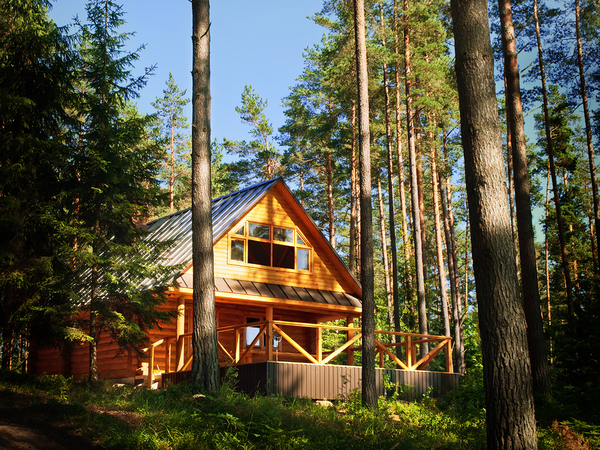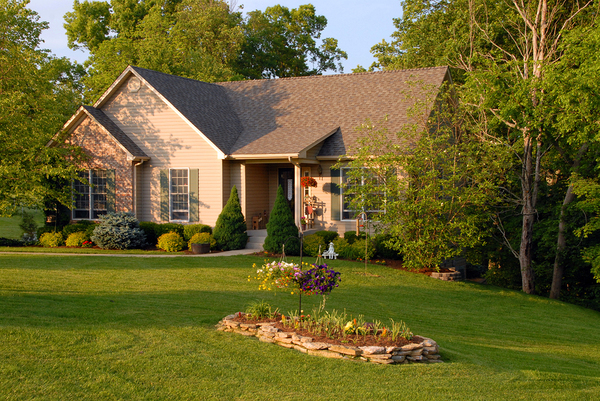6 Tips for House Buying in Rural America
 Rural life comes in many flavors, from wilderness sites to farms.
Rural life comes in many flavors, from wilderness sites to farms.Are you dreaming of a house in the country? Whether your dreams involve a wilderness acreage or fields where you can roam with your horse, many people have navigated the transition to your dream rural life before you. If you are buying rural property, what do you need to consider before you embark on a rural house buying expedition?
1. Are You Ready to Live a Rural Life?
If you have grown up in a rural area, you will not need to make a cultural transition when you purchase a property. However, city or suburb-dwellers who have decided to move to a rural area to raise children, retire, or pursue a different lifestyle, that lifestyle could be different than your original expectations.
For example, according to the EPA, "many rural communities and small towns are facing challenges, including rapid growth at metropolitan edges, declining rural populations, and loss of working lands." Many rural communities also rely more heavily on auto travel, as amenities are spaced farther apart. Rural living has many positive notes, including a connection to nature, a closer connection to your food, and more access to land, but before you make the move, you need to ask yourself if you are ready to live a typical rural life.
2. Do You Love the Culture?
While living in a rural area can itself be a cultural shift, when you are house buying in a rural area, you need to make sure that you love the culture of the place you buy in addition to loving the property. If your hobbies, interests, and even your politics are substantially different from those around you, you can still have close connections with your neighbors, but it is also reassuring to find some common ground. Find a rural area with a culture that makes you feel at home.
3. What Services Are Essential?
Depending on where you live, you will have different access to community amenities and even services that you might consider essential in a city. If you live near a small town, you might have access to a health clinic rather than a hospital, and your trip there could take longer than it would in a city. You could be responsible for maintaining a well or your own electrical system. Ask the neighbors about the number of times that the power goes out in the stormy season and how long it is usually out. As you investigate rural properties, decide what services are essential to you and work to find a property that meets those requirements.
4. What Kind of Property Maintenance Would You Like To Do?
One advantage of rural living is that you can often get more land for less money. This is a bonus for those who love horses and gardens, want to farm, or want to raise children on a larger property. However, if you do not like mowing the lawn and you are moving to an acreage that is mostly rolling grass, you could be signing yourself up for a lot of mowing. Remember that even if you choose a rural area, you do not need to purchase a large property or a high-maintenance property if yard maintenance is not something that you love. Look for a smaller rural property instead.
 Decide what size property and what kind of maintenance suits you.
Decide what size property and what kind of maintenance suits you.5. How Safe Is the Property?
When you are buying any property, you need to ask about safety, and rural properties are no exception. They have different safety concerns than some urban properties. For example, according to HGTV, "rural properties often draw their water from private wells, which may be contaminated with minerals, radon, or even dangerous chemicals like arsenic." When you are buying a rural property, ask about water quality and test for minerals, farm runoff, and toxins. Determine whether the area has adequate air quality; ask about radon and industrial and farming contaminants.
6. How Accessible Is the Property?
Even if you love a long and winding rural road, look into whether that road is easily accessible in winter. Who is responsible for maintaining the road to make sure that it remains accessible? If it is a private road, that could be you and your neighbors, and you will need to be ready for the maintenance bill.
Are you looking for a new place to live? Whether you are planning to move to the country, the city, or the suburbs, let Open for Homes help you decide what home is right for you. Learn more about house buying at the blog at Open For Homes.

